The State of the Nation in SEND Education: England
We are delighted to release our second major policy report ‘The State of the Nation in SEND Education: England’.
After speaking to past and present disabled students, of various ages with differing qualifications, as well as parents, carers and guardians, we have compiled an overview of the current education system, its benefits and its pitfalls, and how attitudes have changed over time in regards to the support, opportunities and development that disabled students have been given in comparison to their peers.
We found that:
46% of Disabled People interviewed had their disability undiagnosed throughout school.
65% of Parents, Carers and Guardians we spoke to ‘had to fight’ for their child’s EHCP.
In some Local Authorities, up to 100% of the pupils in the Pupil Referral Units were registered as being disabled or having special educational needs.
Our Recommendations:
Our recommendations to begin the journey to creating a truly inclusive education system are as follows:
Recommendation 1: Each region in the country, led by the respective Local Authorities, should set up hubs of best practice. This will encourage co-creation as well as the sharing of ideas between both specialist teachers and mainstream teachers, ensuring that no child is in an institution where the teaching staff lack the skills, expertise and understanding required.
Recommendation 2: Each Local Authority should take responsibility for, and be accountable to the fact that there needs to be better data sharing, knowledge exchange and working across services - not just in social care and education, but including children’s services, disability services, mental health support, as well as those in the voluntary sector providing support for children and families in each locality.
Recommendation 3: Acknowledge that the world around us has changed, with the past few decades bringing great technological, scientific and societal advances. However, the education system often adopts a ‘one-size for all’ approach and has room for reform. Recognise that academic attainment is not always reflective of ability, and that the national curriculum can be better shaped to allow all of our children and young people to flourish.
Recommendation 4: Gather evidence of what works in teaching and learning for disabled students, in both Further Education and Higher Education, as well as using international examples. Collate and share this best practice, and highlight this nationally, to be replicated in schools and establishments across the United Kingdom.
Recommendation 5: The Department for Education should continue to strive for smaller class sizes as a means of ensuring that each child is given the right support. Smaller class sizes mean that the likelihood of children with invisible disabilities being diagnosed will hopefully increase, as greater attention from teachers means an increased likelihood of detection and support at a younger age.
Recommendation 6: The Children and Families Act 2014 should be changed so that it is no longer the sole responsibility of the Special Educational Needs Coordinator in a school to coordinate the learning, planning, assessment and monitoring of the progress of SEND pupils. The legislation should be changed to reflect the shared responsibility amongst teaching staff.
Recommendation 7: The Government should continue to monitor Alternative Provisions, including Pupil Referral Units, and the number and percentage of pupils in these provisions who are disabled or have special educational needs, just as it monitors the statistics for other characteristics in PRUs, such as the percentage of pupils on Free School Meals. Alternative Provisions should be subject to scrutiny and accountability, with Ofsted style rating for these provisions to ensure high standards and fewer pupils ‘falling through the net’.
Recommendation 8: There should be a clear route for accountability for parents, carers and guardians who are not satisfied with the education system and the options that they are being given with their child. This includes an avenue for delivering guidance, support and advice, including legal support for those that need it. Modelled on the Citizens Advice Bureau, the Government should work with partners to establish an independent organisation that can support parents, carers and guardians with advice, advocacy and legal support.

